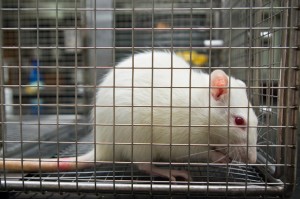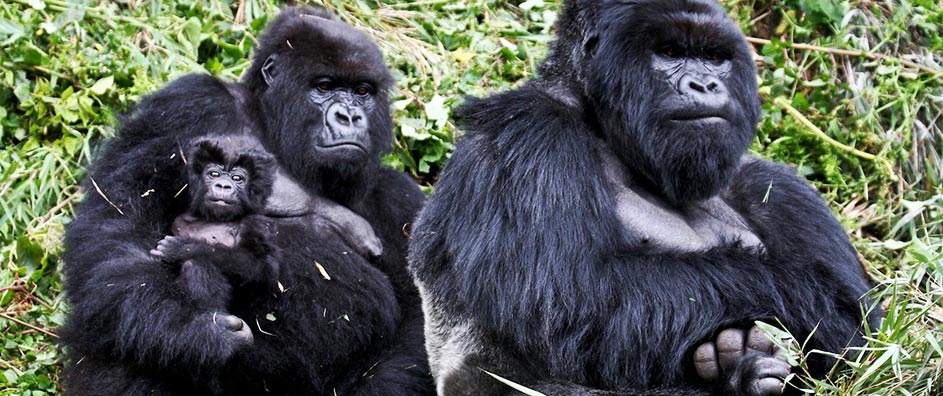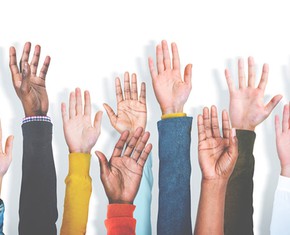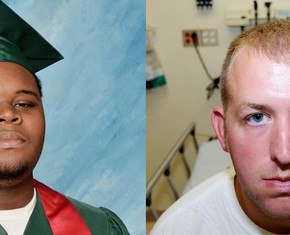The views expressed in our content reflect individual perspectives and do not represent the authoritative views of the Baha'i Faith.
…animals are tamed by kindness and affection; woe unto the man who would fall short of an animal. – Abdu’l-Baha, quoted in H. M. Balyuzi’s Abdu’l-Baha — The Centre of the Covenant of Baha’u’llah, p. 377.
Several years ago I worked as the chief communications officer for the UCLA Medical Center and Medical School in Los Angeles. I learned, after I began working there, that part of my job would involve dealing with the intensive media coverage of demonstrations and civil disobedience from various animal rights groups protesting UCLA’s research studies.
I knew, as soon as I found out I would be the spokesperson for the university’s animal-based research efforts, that I needed to become as well-informed on the issue as I possibly could. I did four things: read through the Baha’i teachings on the subject; compiled and tried to digest a wide range of opinions on the issue from published reports; spoke to a whole host of research scientists who did animal-based studies; and looked carefully into the claims and tactics of the most active animal rights groups, speaking to many different animal rights activists in the process.
Here’s what I learned from the Baha’i teachings:
He should show kindness to animals, how much more unto his fellow-man, to him who is endowed with the power of utterance. – Baha’u’llah, The Book of Certitude, p. 194.
Regarding the eating of animal flesh and abstinence therefrom, … he [man] is not in need of meat, nor is he obliged to eat it. Even without eating meat he would live with the utmost vigour and energy…. Truly, the killing of animals and the eating of their meat is somewhat contrary to pity and compassion, and if one can content oneself with cereals, fruit, oil and nuts, such as pistachios, almonds and so on, it would undoubtedly be better and more pleasing. – Abdu’l-Baha, from a tablet to an individual Baha’i.
Abdu’l-Baha states that it would be permissible to perform an operation on a living animal for the purposes of research even if the animal were killed thereby, but that animal must be well anaesthetized and that the utmost care must be exercised that it does not suffer. – Letter from the Universal House of Justice to the National Spiritual Assembly of Italy, March 9, 1978.
I learned, too, that an early Baha’i who visited Abdu’l-Baha while he was still in prison in Palestine reported him saying:
…we should be kind and merciful to every creature; that cruelty was sin and that the human race should never injure any of God’s creatures, but ought to be always careful to do nothing to diminish or exterminate any order of living thing; that human beings ought to use the animals, fishes and birds when necessary for food, or any just service, but never for pleasure or vanity… – May Bolles, An Early Pilgrimage, 1898.
These moderate, compassionate and intelligent guidelines helped me see both sides of a controversial issue. I wanted to investigate as much as possible, though, so I continued my search.
I found a broad range of opinions in the published general literature and media coverage on the subject—everything from “all research that benefits humans (or corporations) is justified, no matter what pain it causes the animal” to “absolutely no animal research is ever justified, for any reason.” The animal rights activists I spoke to told me they believed that people and animals were equal and had equal rights, and that no person should ever do any harm to any animal under any circumstances.

The scientists, who I thought might take the extreme opposite view, surprised me. When I visited their labs, expecting to find dogs and cats or chimpanzees and other primates, I only found sterile lab rats, specially bred for the purpose of closely mimicking the human genome. Their scientific research, I learned, focused almost entirely on developing new treatments for the worst adult and childhood diseases like cancer. I saw, too, that the scientists and their laboratory staffs treated their lab rats with care and concern and even with affection, doing everything they possibly could to prevent any pain or suffering. I held one of the lab rats in my hand. He was a cute little guy, pure white with pink eyes and nose, more the size of a mouse than a rat.
Then one of the researchers, an M.D./Ph.D. I had gotten to know and become friends with, took me to see one of his clinical trial patients at UCLA’s Children’s hospital. He introduced me to a five-year-old girl we’ll call Polly, who had lively, sparkling eyes and the bald head of a cancer victim. Polly told me that she had been much sicker a few months before, but with the new, experimental drug she was taking—developed in my friend’s lab—she was getting better. Her mother stood on the other side of her hospital bed, silently crying tears of relief and gratitude.
I came to believe, then and there, while I looked into Polly’s hopeful eyes, that the life of a child is worth much more than the sacrifice of a lab rat.
I know that some people believe differently, and I respect their views. I understand that they hold those views out of compassion for all living beings. But I wonder, if they ever had to witness the suffering and possible death of their own child, whether they wouldn’t come to the same conclusion I did.
You May Also Like
Comments

















That’s why human is in war all the time. My Land! My Religion! My Wish! My Child!